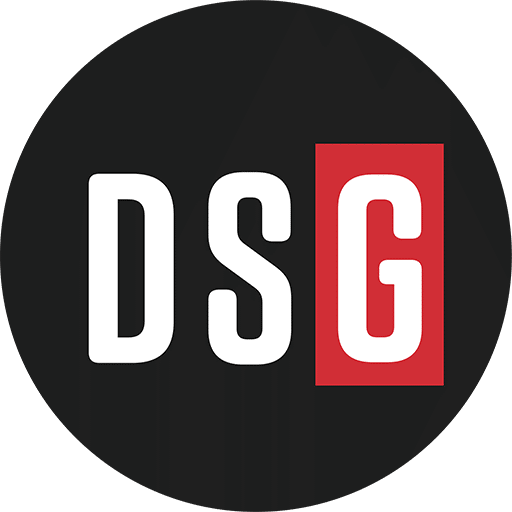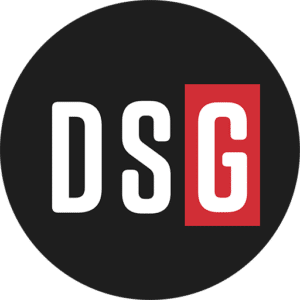Tariff uncertainty, rising costs and sluggish demand are putting pressure on North American manufacturers, according to Wipfli LLP’s 2025 Manufacturing Benchmarking Study.
The annual report, which has tracked industry performance since 2016, analyzed responses from 285 companies across 249 companies in plastics, metals, die casting, tooling, and contract machining. It examined finance, operations, sales, and human resources, while identifying “top performers” with the strongest five-year profit and throughput records.
Manufacturers entered 2025 with modest confidence, but sentiment deteriorated sharply in the second quarter as tariff concerns overshadowed easing inflation and wage pressures. “Manufacturers are doing their best to hold on in a tough environment,” said Laurie Harbour, a partner at Wipfli. “While some are hiring, it’s often out of necessity rather than growth. The industry must act swiftly to improve operations and navigate uncertainty.”
Top performers maintained efficiency of $139,800 per employee in 2024, just shy of the 2023 peak of $143,593. Median EBIT held steady at 7.8%. But access to capital remains uneven: 46% of respondents reported strong bankability, 23% were bankable, and 31% were classified as “questionably bankable.”
Hiring is cautious, with 37% of companies adding staff to cover turnover or essential roles, while 38% kept headcounts flat. Rising SG&A costs remain a drag on profitability, reinforcing conservative labor and spending strategies.
Capacity utilization forecasts for the second quarter averaged 63%, but actuals landed at 53%, the largest gap in recent years. Many firms have postponed product launches and inventory expansion, adopting a wait-and-see approach. After aggressive automation and digital investments in 2024, capital spending plans for 2025 are subdued as companies await clarity on trade policy.
Sales activity remains weak, though quoting volumes are rising. Average hit rates reached 11.2%, led by plastics processors at 12.2%. The increase suggests customers testing reshoring strategies and exploring new supplier relationships, though follow-through remains limited. Automotive suppliers face headwinds as OEMs cut product lines and reduce volumes.
Harbour said manufacturers are adapting where possible. “Tariff uncertainty is weighing heavily on decision-making,” she said. “But we’re also seeing companies tighten costs, improve efficiency, and invest selectively. The key is to stay proactive, not reactive.”
Wipfli is an accounting and advisory firm headquartered in Milwaukee.
Don’t miss any content from Distribution Strategy Group. Join our list.


